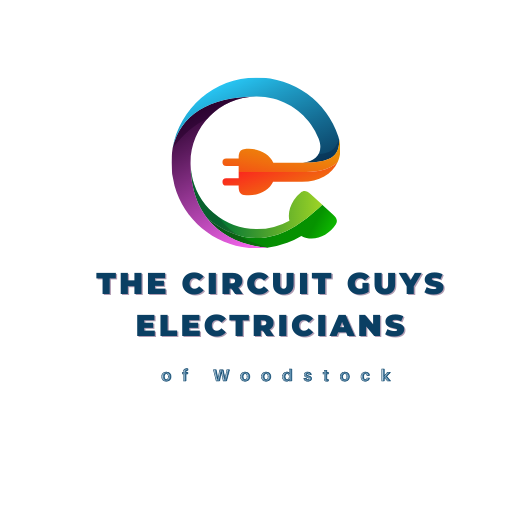In the past, houses had no electronics, no air conditioning and no artificial lighting. These days, you’ll find almost every household contains some kind of electrical appliance or device. With so many appliances and gadgets adding to the amount of electricity being used in your home, it can be easy to forget about safety and prevention when it comes to electrical issues. However, the dangers of electrical problems are very real and can lead to injury or even death if not taken seriously and addressed immediately. Keeping an eye out for signs of trouble and knowing how to prevent electrical problems in your home is the best way to avoid any potential hazards.
Check your home’s electrical system
Before you can start looking out for potential problems with your home’s electrical system, you need to check to see what you have installed and where. You can do this by hiring a contractor or someone who knows how to read a circuit breaker panel. You can also do this yourself, but you should only attempt this if you are very confident in your ability to read wiring diagrams. Once you know what you have installed and how it is wired, you can make better decisions about how you should use it. If you have a home that has been renovated or has an older home, you may want to hire a contractor to come in and check your system.
Don’t ever use extension cords
This may seem like a silly thing to mention, but it is something that is often overlooked by home owners. When you use an extension cord, you are introducing a third point of failure into your system. This means that you have two things that can potentially fail, but you have added a third point of failure in the process. If you use extension cords, you should only do so when you have a very good reason to do so. Keep in mind that most appliances have their own power supply and don’t require an extension cord. When you use an extension cord, you are introducing another point of failure into the system. This can be especially dangerous in older homes where you may not have a dedicated circuit for a given appliance.
Use GFCI outlets correctly
A GFCI is a device that is designed to protect you from electrical shock. You may have noticed that they are used in many kitchens and bathrooms and are almost always attached to the outlet. GFCIs are great for preventing electrical shock, but you have to make sure that they are always on and working correctly. You should only plug appliances into GFCI outlets that are designed for that purpose. For example, you should not plug a hair dryer into a GFCI outlet that is designed for a nearby sink. Doing so can introduce water into the outlet, which can cause a short circuit and lead to a fire.
Don’t overload outlets
This may seem like common sense, but you’d be surprised how often people overload their electrical outlets. If you are running several appliances at once (such as a hair dryer, an iron, and a coffee maker), you should plug them into separate outlets. This is something that you should do in your home to start, but it is also something that you should do when you travel. You should always be mindful of the amount of power that you are using in your home and make sure you are only using the amount of power that your home is designed to handle. If you find yourself needing to plug in more devices than your outlets can handle, you should consider using a GFCI.
Don’t ever work on live wires
This is one of the most common causes of electrical injuries. If you find yourself working on wires that are live, you should immediately turn off the power to the circuit. You should only ever work on wires that are unplugged and not in use. You should also be very careful when working on wires in the attic as they can be very dangerous. If you must work on wires in your attic, you should use a ladder and bring a professional electrician with you.
Conclusion
The dangers of electrical problems can be prevented, but you have to be aware of what you are doing. Make sure you are always wearing the proper protective gear and be mindful of the amount of power you are using in your home. You should also be careful when working on wires and always make sure that they are unplugged and not in use. If you follow these tips, you can help to ensure that your home is free of electrical problems.If you notice any of the signs of electrical problems discussed above, you should always shut off the power to the circuit and call an electrician as soon as possible.
